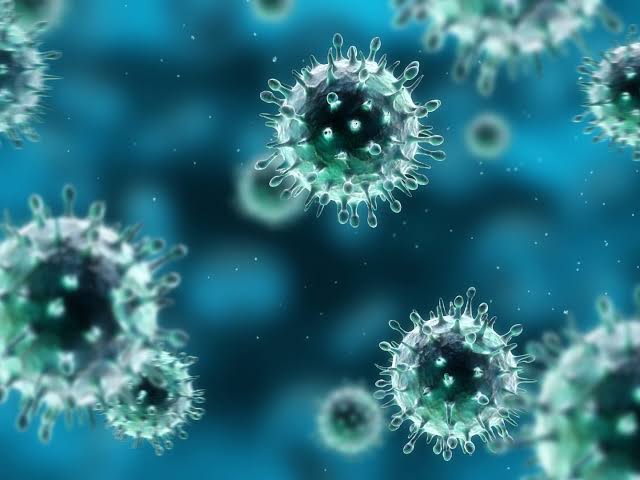Accurate diagnosis of swine flu through tests like the H1N1-PCR is essential for effective treatment. By staying informed and proactive, you can better protect yourself and your family from swine flu.
Swine flu (H1N1) is an infectious disease caused by a specific influenza virus. It is named swine flu due to its resemblance to a virus that affects pigs. This respiratory infection is highly contagious. When infected individuals sneeze or cough, they release tiny droplets containing the virus into the air. You can contract swine flu by inhaling these droplets, touching surfaces where the droplets have landed, or contacting objects an infected person has touched. Read on to learn more about the symptoms, diagnosis, and treatment of swine flu.
Swine Flu Symptoms
The symptoms of swine flu are quite similar to those of the regular flu and typically appear 3-5 days after you’ve been exposed to the virus. People with the condition may experience the following symptoms:
- Chills
- Fever
- Sore throat
- Cough
- Headache
- Body or muscle aches
- Fatigue
In children and babies, symptoms may differ. If you notice your child experiencing any of the following symptoms, contact their doctor immediately:
- Difficulty waking up
- Trouble breathing
- Not drinking enough fluids
- Confusion
- Fever with rash
Swine Flu Diagnosis
Your physician may perform a physical examination to check for influenza symptoms, including those of H1N1 flu. To confirm the diagnosis, they may ask you to get a test to detect influenza viruses like H1N1. The most common diagnostic test for swine flu is the H1N1 test (also known as H1N1-PCR test), which identifies the presence of the H1N1 virus in the body. This procedure involves collecting and analysing throat and nasal/nasopharyngeal swab samples. TheH1N1 testworks by screening for the genetic material of H1N1 virus in the collected sample. This test helps doctors confirm whether your symptoms are due to swine flu rather than a common cold or another infection. Once confirmed, they can promptly begin the appropriate treatment. Apollo 24/7’s H1N1 test price delivers great value, providing the convenience of sample collection from home.
Swine Flu Treatment
In most cases, healthy individuals suffering from swine flu may not require special treatments or medications. Those who have swine flu should:
- Drink plenty of fluids
- Get lots of rest
- Stay home
- Take a light diet
- Take acetaminophen to relieve fever and reduce pains and aches
However, if you’re very ill, your doctor may prescribe an antiviral medicine. Antiviral drugs such as zanamivir or oseltamivir can eliminate the virus. These drugs can shorten the time you’re sick and help ease your symptoms. Antiviral drugs work best if you start taking them when your symptoms begin. However, flu viruses can sometimes become resistant to these medications. Therefore, doctors typically reserve antiviral treatments for specific groups. This includes individuals at high risk of complications and those who are in close contact with high-risk individuals.
Swine Flu Prevention
The most effective way of preventing swine flu is to ensure that you receive the annual flu vaccine, which has aided in protecting individuals against this respiratory infection since 2010. Other preventative measures include:
- Sneezing or coughing into your elbow if you don’t have a tissue
- Covering your mouth or nose with a tissue when you sneeze or cough
- Avoiding touching your nose, eyes, or mouth
- Washing your hands with water and soap
- Staying home if you’re sick
- Staying away from sick people
- Not sharing personal items such as straws, cups, and utensils
Conclusion
Swine flu is a highly infectious respiratory illness caused by a specific influenza virus. Recognising the symptoms, seeking proper diagnosis via the H1N1 test, and understanding the treatment options are crucial for managing this infection effectively. By following preventative measures and getting the annual flu vaccine, you can significantly reduce the risk of contracting and spreading swine flu. Stay informed, take proactive steps, and consult healthcare providers to ensure the best possible protection and care for yourself and your loved ones.





